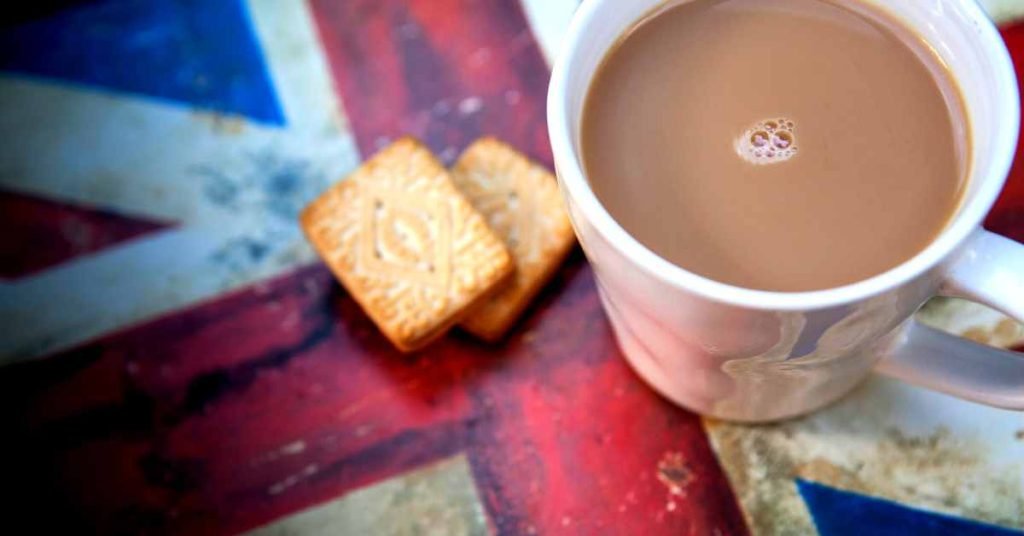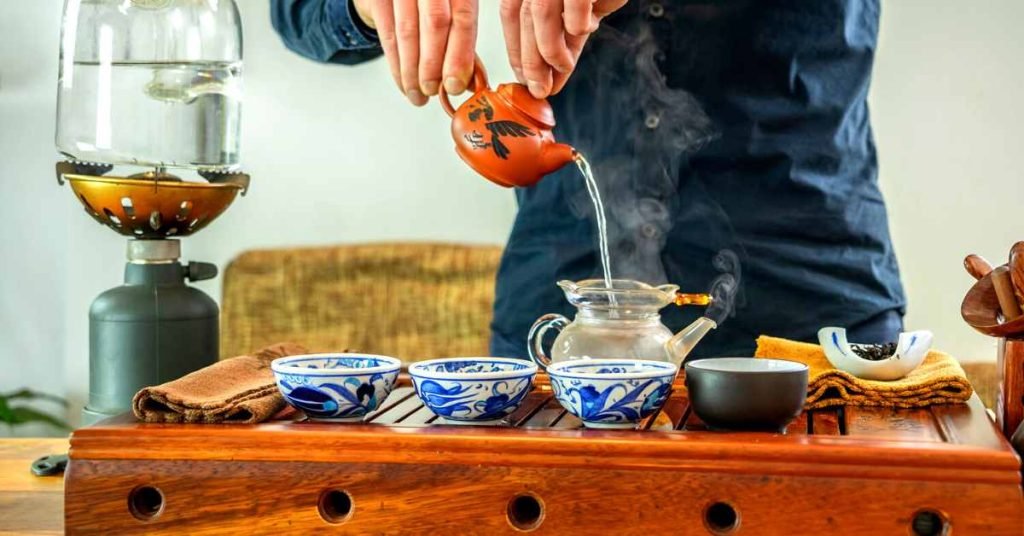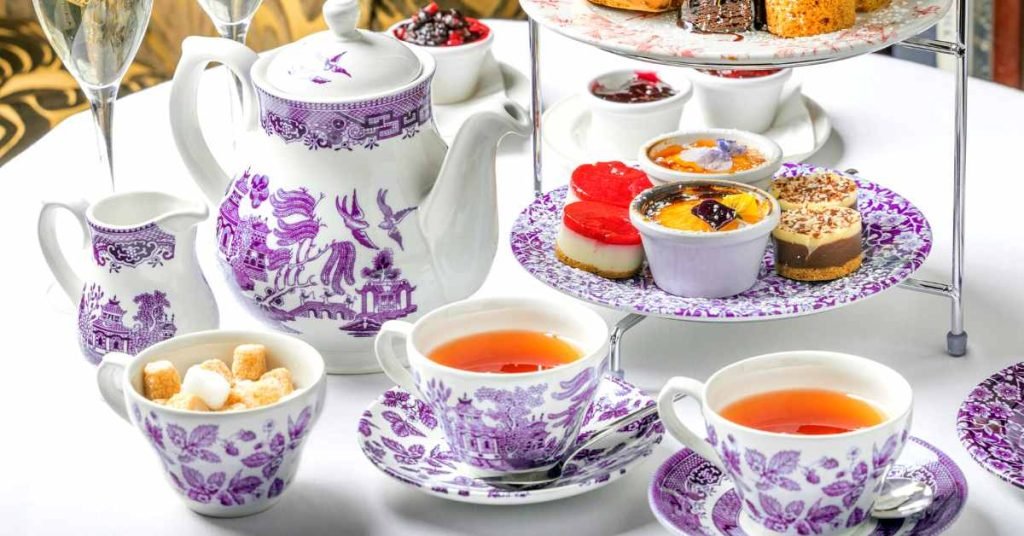Tea has played an important role in the coronation ceremonies of many cultures throughout history. From ancient China to modern Britain, tea has been used to symbolize hospitality, purity, and tradition.
In this article, we will explore the role of tea in coronation ceremonies and examine its symbolism and significance.
Tea and Coronation Ceremonies in Britain

Tea has also played an important role in the coronation ceremonies of British monarchs. In fact, tea has been served at every coronation ceremony since the 17th century.
The first recorded use of tea in a British coronation ceremony was in 1661 when Charles II was crowned.
Tea is usually served to the guests and dignitaries who attend the coronation ceremony. It is typically served in fine china cups and saucers and is accompanied by sandwiches and pastries.
The tea service is an important part of the hospitality extended to guests and is a symbol of the British tradition of tea and hospitality.
Tea is also used to symbolize the continuity and stability of the monarchy. At the coronation ceremony of Queen Elizabeth II in 1953, a special blend of tea was created by Twinings, a British tea company, to commemorate the occasion.
The tea was made using tea leaves from countries in the Commonwealth, symbolizing the unity and continuity of the British Empire.
It is expected that tea also has one of the central positions on the royal menu for the upcoming King Charles III’s coronation on May 6th.
Tea and Coronation Ceremonies in China

The use of tea in coronation ceremonies dates back to ancient China. In the Tang Dynasty (618-907), tea was an important part of the coronation ceremony of the emperor.
The emperor would first offer tea to the gods, symbolizing the importance of the divine in the ceremony. He would then offer tea to his mother and other female relatives, symbolizing the importance of the maternal line in Chinese culture.
Tea was also used to symbolize purity and humility. Before the coronation ceremony, the emperor would take a bath and drink a cup of tea to cleanse himself and prepare himself for the ceremony.
During the ceremony, the emperor would also drink tea as a symbol of his humility and willingness to serve his people.
Tea and Coronation Ceremonies in Japan
Tea has been an integral part of Japanese culture for centuries, and it has played an important role in many ceremonies, including coronation ceremonies.
In Japan, the coronation ceremony is known as the Sokui-no-Rei, which literally means “Ceremony of Enthronement.”
Tea and the Sokui-no-Rei Ceremony

The Sokui-no-Rei ceremony dates back to the 7th century and has been held for each new emperor since then. The ceremony is a complex and elaborate ritual that involves numerous traditional elements, including the use of tea.
During the ceremony, the emperor sits on a throne and is served tea by the highest-ranking officials in the court. The tea is made using a special blend of tea leaves that is only used for the coronation ceremony.
The tea is served in a gold cup and saucer, and the ceremony itself is attended by hundreds of people, including members of the imperial family, government officials, and foreign dignitaries.
The Symbolism of Tea in the Sokui-no-Rei Ceremony
The use of tea in the Sokui-no-Rei ceremony is symbolic of several important values in Japanese culture. For example, tea is seen as a symbol of purity, humility, and respect.
Tea is also a symbol of hospitality and the importance of sharing with others. In Japanese culture, the act of serving tea is a sign of respect and friendship, and it is a way to welcome guests and make them feel comfortable.
This is particularly important in the Sokui-no-Rei ceremony, which is an event that is attended by many important people from around the world.
In addition, the use of tea in the ceremony is a way to connect the present to the past.
The special blend of tea used in the ceremony is only used for this occasion and is a way to link the current emperor to previous emperors who have undergone the same ceremony.
The Significance of Tea in Coronation Ceremonies

The use of tea in coronation ceremonies has several symbolic meanings.
First, tea symbolizes hospitality and the importance of welcoming guests.
Second, tea symbolizes purity and cleanliness and is used to cleanse and prepare the participants for the ceremony.
Finally, tea symbolizes tradition and continuity and is used to connect the present ceremony to past coronation ceremonies.
Tea is also a symbol of humility and service. The act of serving tea is a humble act and is a reminder to the monarch that they are there to serve their people. In this way, tea is a reminder of the responsibilities and duties of the monarch.
Final Word
Tea has played an important role in coronation ceremonies throughout history. It has been used to symbolize hospitality, purity, tradition, and humility.
The use of tea in coronation ceremonies is a reminder of the importance of these values and is a way to connect the present ceremony to past coronation ceremonies.
Whether in China, Japan, or Britain, tea has been an important part of the coronation ceremony and will likely continue to be so in the future.
MEDICAL DISCLAIMER
Itsnevernotteatime.com cannot and does not contain medical/health advice. The medical/health information is provided for general and educational purposes only and is not a substitute for professional advice.




